VERNON – Ranchers might be concerned about how the public sees their industry, but a producer-funded team at the Canadian Cattle Association has their back.
Amy Peck, manager of the Canadian Cattle Association’s public and stakeholder engagement program, gave an overview of her team’s work on behalf of the industry at the BC Cattlemen’s Association annual convention in Vernon in May.
“My team focuses on public perception of beef and the beef industry,” Peck says. “We work to build public trust in the way cattle are raised in Canada.”
Peck’s team, funded by the Canadian Beef Cattle Check-Off, was behind the award-winning Guardians of the Grasslands movie. This spring, it released the Alberta edition of the new Guardians of the Grasslands game, with the BC edition set to launch this fall.
Peck’s team also conducts on-going research into public perceptions and issues, as well as conducting advocacy work for the industry.
“Our research gives us a feel of how Canadians think about agriculture and beef production, and we can use that information in our future work,” she explains.
Peck says Canadians have a very positive impression of the cattle industry overall. Her team sees a lot of public trust from Canadians in ranchers’ ability to produce quality food and to have a positive economic impact, particularly in rural Canada.
“There is lots of trust in the people and the product,” she says. “But somewhat less trust in how we produce it, whether that is using innovation, being good stewards, limiting our carbon footprint and treating animals well. And that is because they don’t understand what happens on farms and ranches.”
But there is a lot of affinity for beef among Canadian consumers, with 80% to 90% considering beef a good source of protein.
“They love the taste and think that it is a safe, high quality and healthy food,” Peck says.
The program also considers other research, such as the Canadian Centre for Food Integrity’s annual report on public trust and perception of the food system.
The top five issues CCFI identified in its latest survey were the cost of food, inflation, the cost of energy, keeping healthy food affordable and the Canadian economy, Peck says.
“We are seeing that environmental concerns are not in the top 10,” she says. “If you are concerned about being able to afford to feed your family, the environment becomes less important.”
Peck also shared research from Agriculture and Agri-food Canada.
AAFC has found the differences in how consumers view Canadian farmers isn’t based on a particular practice, as few are able to reference one.
“The difference is not a statistic; it’s not something they have read along the way, it is how they feel about farmers,” she says. “So the average Canadian is not saying we want you to do more cover cropping or rotational grazing or no till. They simply don’t know enough about them.”
Millennials, Peck says, are more sceptical. They’re less positive about ranchers’ environmental impact and their humane treatment of animals than the rest of the population. They are also more likely to eat plant-based meat alternatives than beef.
“Part of that is that millennials are further removed from food production than the older generation,” she says. “So we focus on 35-year-old moms who are making the majority of food purchasing decisions. That’s who Guardians of the Grasslands was created for. That is why it is so emotional. It’s to reach these people.”
Part of the advocacy work Peck undertakes is an on-going presence in national media.
“We write letters to the editor and then invite local producers to author them so that they come from a primary producer, but we save time,” she explains.
They also compose op-eds such as a recent one they credited to Ann Wasko about how reducing beef consumption would actually be worse for achieving Canada’s climate goals.
“That was all about the loss of native grasslands,” Peck says.
Submitting op-eds costs nothing, Peck points out.
“And this particular one ran in six different publications, with a reach of close to six million views,” she says.
Peck’s team targets TV as well, often picking an event such as Canada’s Agriculture Day in February and pitching TV producers to interview local farmers.
“We had Melissa Atchison from the Manitoba Beef Producers talking about wildlife habitat on Manitoba ranches on CTV News Winnipeg,” she says.
Social media is also included.
“We organized an influencers’ tour last summer inviting them to come out and meet a local ranching family and hear their story,” explains Peck.
One of them was celebrity chef Antonio Park of Park Restaurant in Montreal who avows a love of beef but had never been on a cattle ranch.
“We took him to Brylee Farm who were the 2021 Quebec Cattle Producers Environmental Stewardship award winners. They have formed a lifelong friendship and Park is able to share the rancher’s story,” says Peck.
The ultimate aim of the public and stakeholder engagement team is to build public trust and maintain the industry’s social licence.
“The good thing is that Canadians, and millennials in particular, are very interested in learning more about beef, and that is an opportunity for us,” she says.

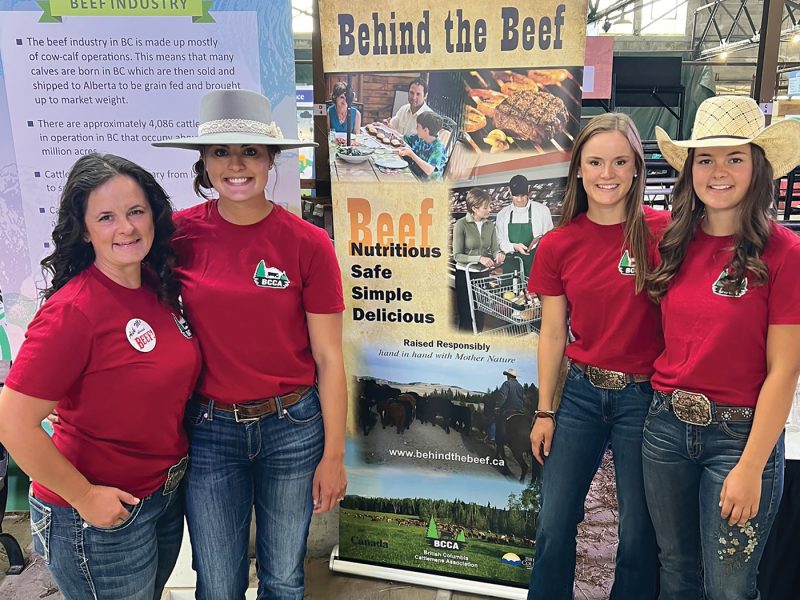
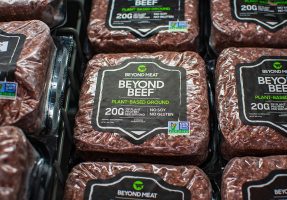

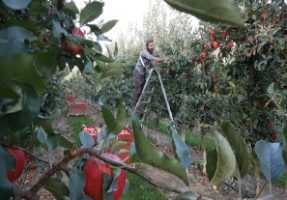
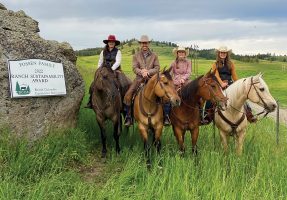
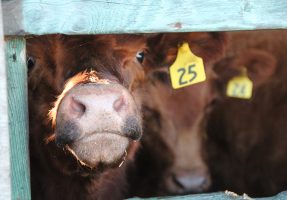
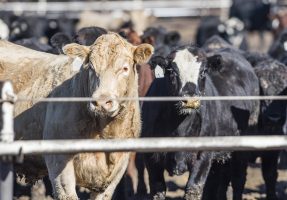
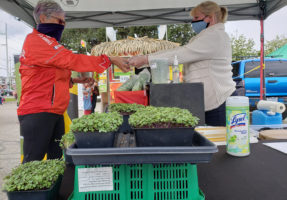
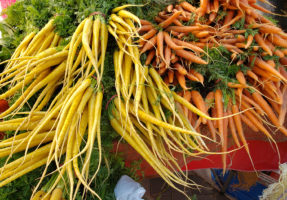

 Federal funding for AI response
Federal funding for AI response